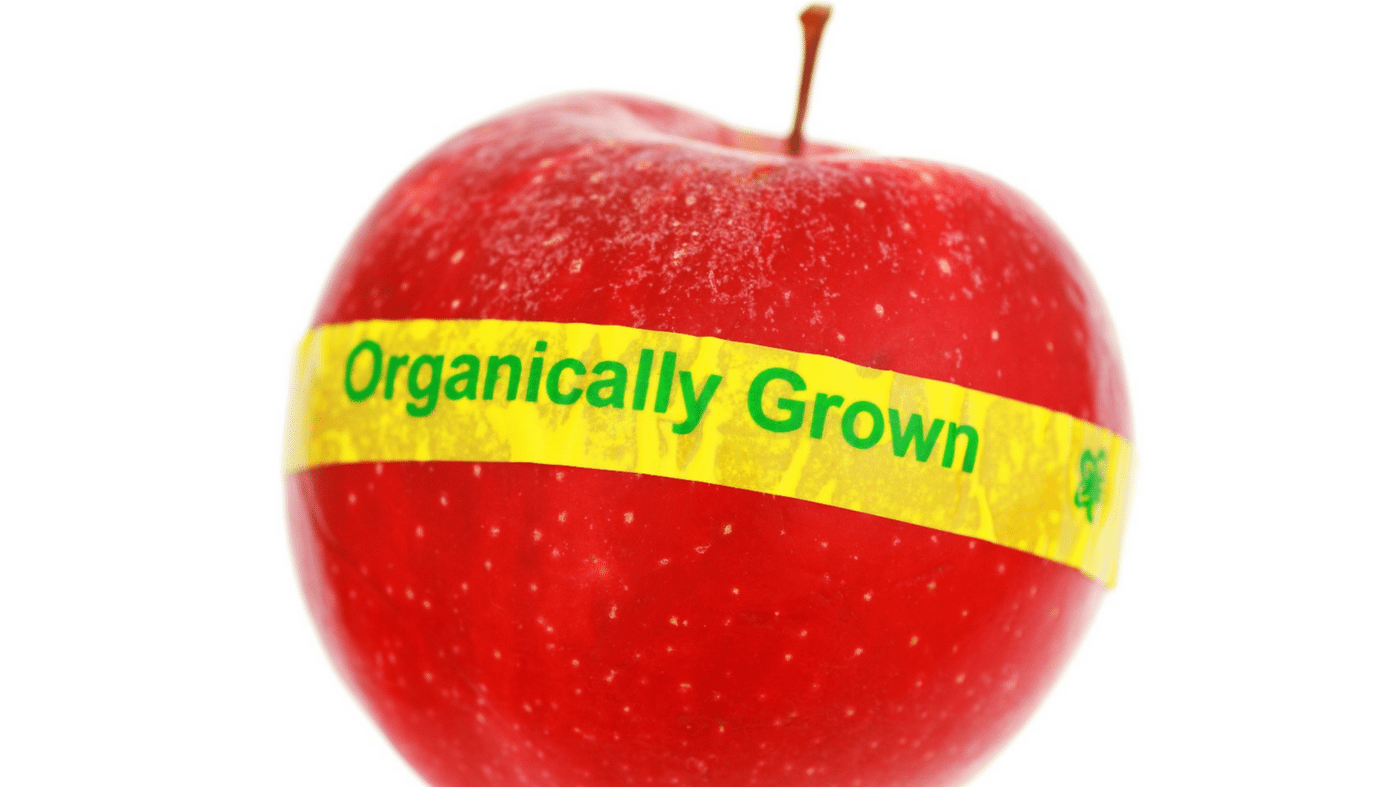March 9, 2012
The purpose of food companies is to increase sales and profits. And often, that goal does not coincide with sustainable food production and or helping you make better food choices so that you can live a longer and healthier life.
In today's audio interview, I interview author and nutrition professor Marion Nestle – who is also featured in the excellent “Rise & Future Of the Food Movement” video lecture, about food politics, and how the food industry influences your nutrition and health.
Marion has authored three books, all of which are very good reads if you want to know more about how lobbying, marketing and other political actions affect the quality, safety and price of your food:
–Food Politics: How the Food Industry Influences Nutrition and Health
–Safe Food: Bacteria, Biotechnology, and Bioterrorism
Finally, although it's not directly tied to my conversation with Marion, I thought that during this election year, the following infographic would be fun for you to check out.
Which one are you? And do the food profiles below really match your political persuasion? Leave your comments below!



Interesting infrograph. I honestly had no idea the food industry was that complicated. I guess it's a good thing I regularly buy vega. With all the influence the industry apparently has, it's best to cover any possible nutrient deficiencies just in case.
Hello Ben,
Please tell us what the differences are between a Paleo diet, a Primal diet and YOUR diet?
Thanks for all the great work that you do!
Best wishes,
~Jennifer
The main difference between the Paleo and the Primal diet concerns the inclusion of dairy products. While Paleo suggest eliminating dairy products, especially during the initial months, Primal does not have any objection against the consumption of good quality, full-fat dairy products, such as butter, cream and full-fat yogurt. The Primal diet recommends choosing dairy products from pastured animals and consuming them raw instead of pasteurized. The Paleo diet does not forbid the consumption of dairy products but recommends that they be removed for a while and then reintroduced at a later time to assess your individual tolerance.
My Superhuman Diet, unlike the Paleo and Primal diet, assumes that humans are smarter than plants, and in the same way that an animal can be made fit for human consumption by killing it, skinning it, and cooking it, a plant, grass or grain can be made fit for human consumption by soaking, sprouting, fermenting, etc.
I weeded the leeks and picked tomatoes last night. Dr. Nestle didn't bite on your Taubes.
I couldn't agree more with Marion. The problem of obesity involves more than just personal responsibility of individuals, you also have to factor in the food products that are marketed and sold this country. The Agri-Business lobby has an enormous influence affecting regulations for the health and safety of our citizens. Politicians, both liberal and conservative, have sold us out.
This is a solution to this problem as Marion points out. We as citizens need to vote with our fork, wallet, and ballet.
BRILLIANT! Will pass this instantly to all my foodie friends.
p.s. Am having the difficult-to-pronounce-and-spell hummous with roasted vegetables for lunch, washed down with a Coke. Which probably makes me an anarchist.
that's quite the mix, kiki.